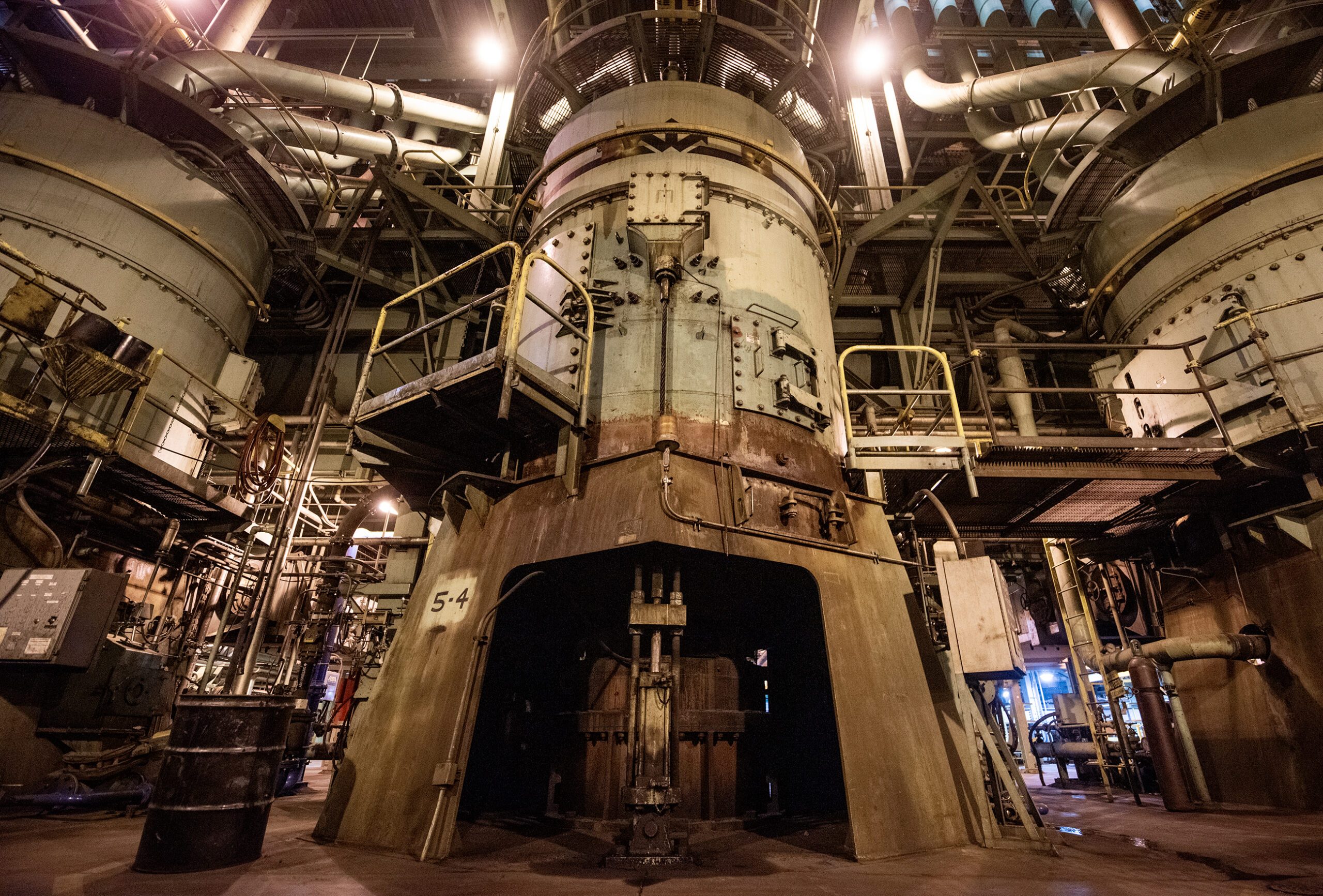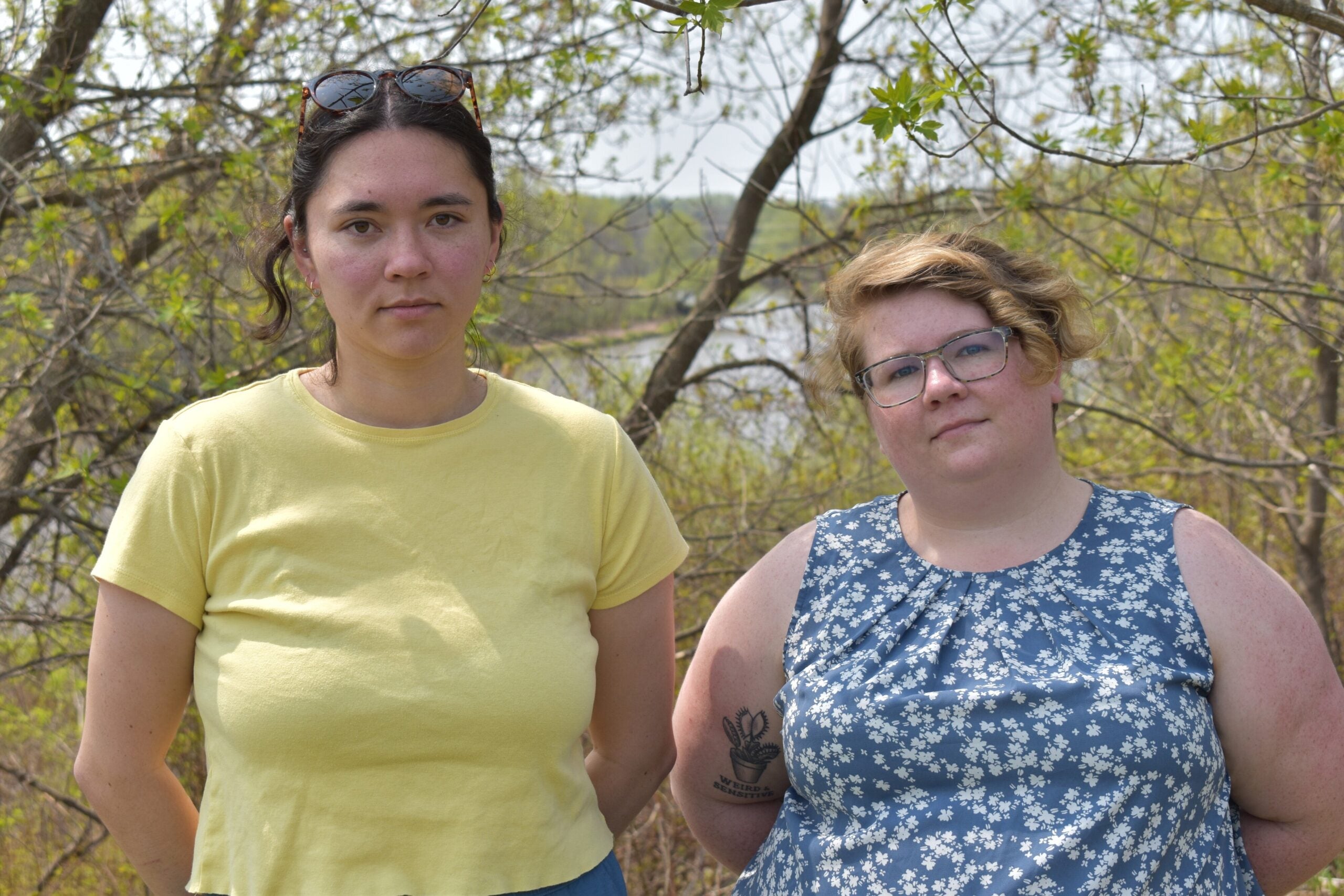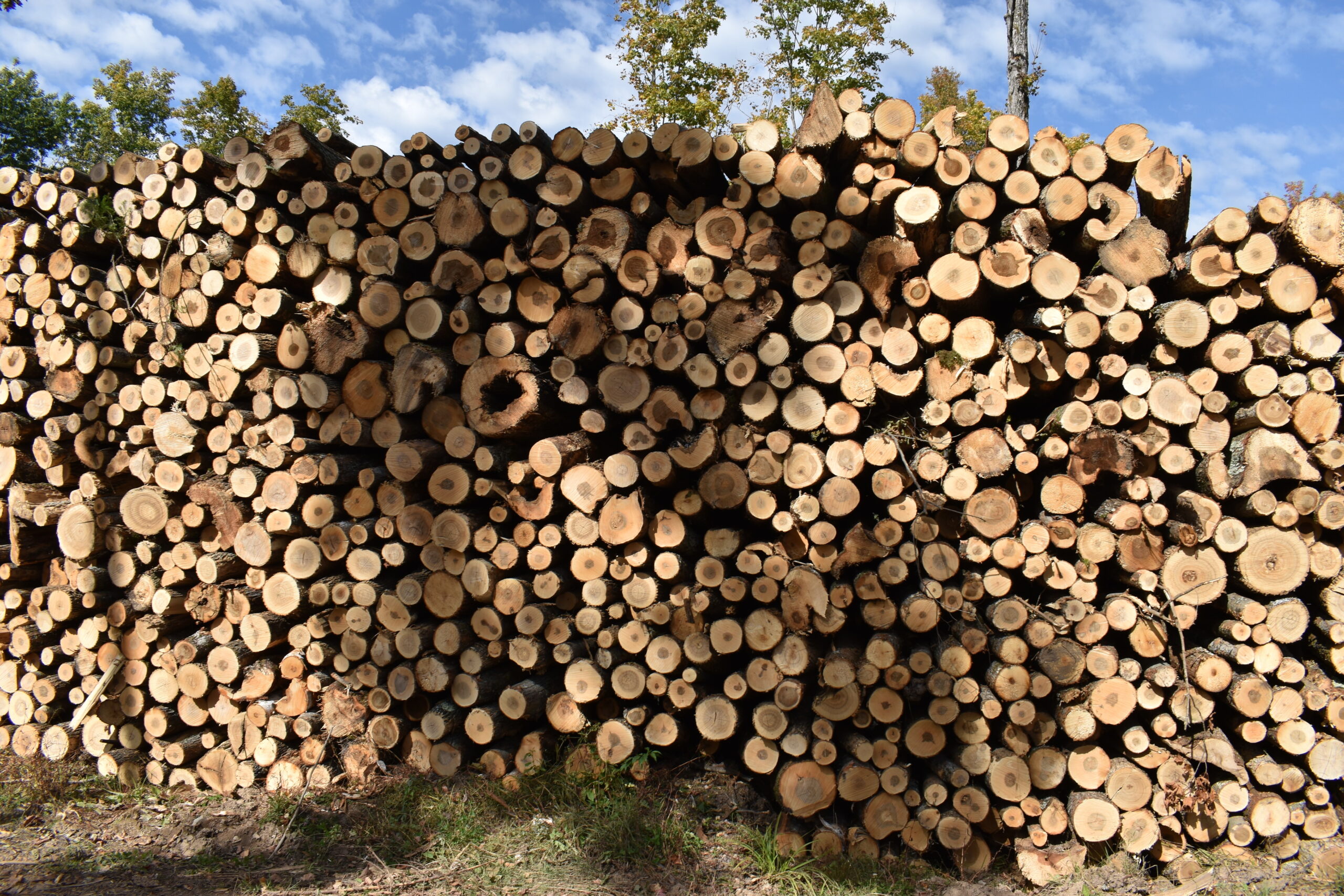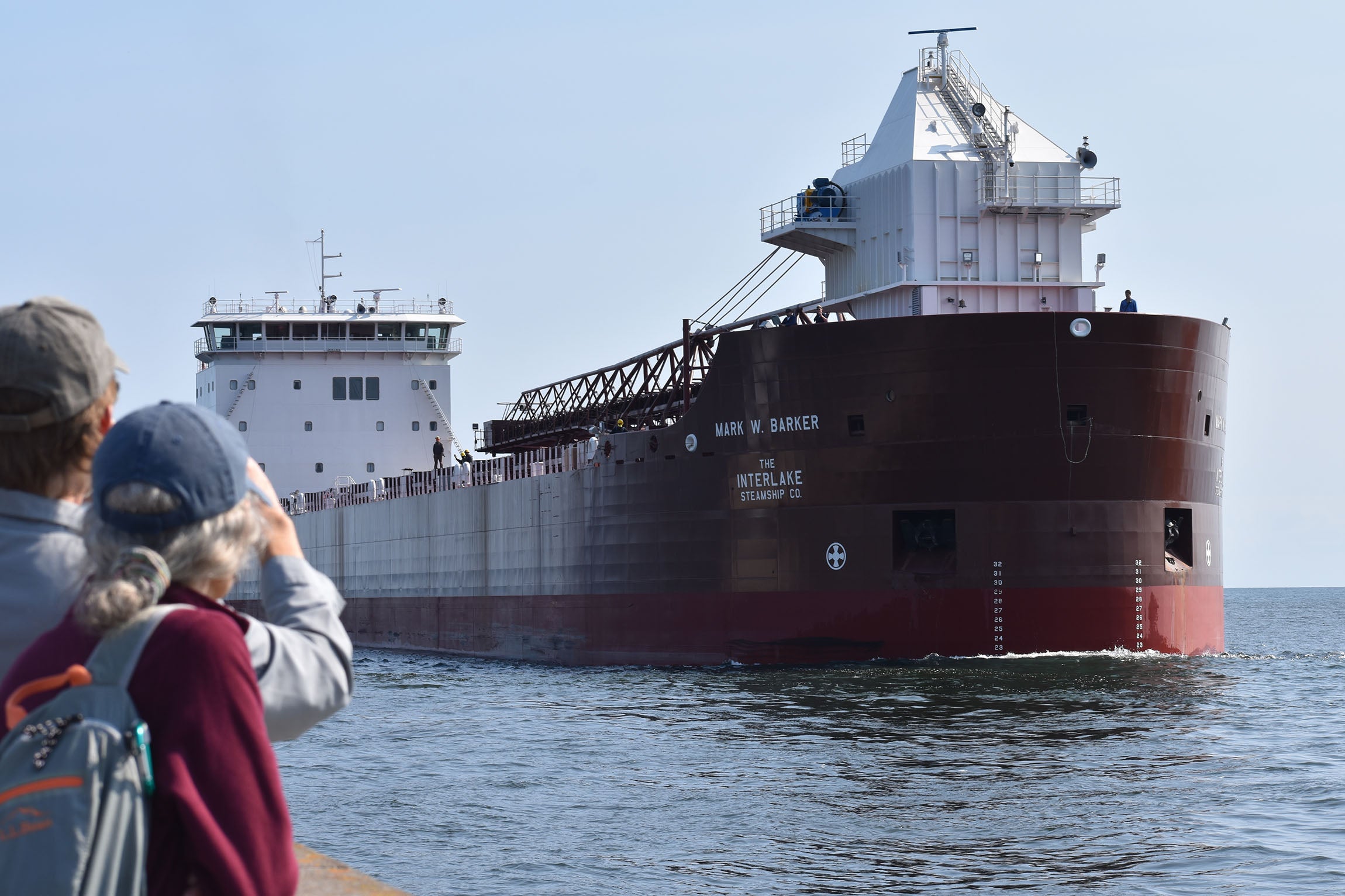It appears a winter energy crisis for 18 Wisconsin electrical co-ops has been averted as BNSF Railway has pledged to ship more coal to Dairyland Power Cooperative in La Crosse for power generation.
Just two weeks ago, officials with Dairyland Power said unless coal shipments were tripled to their generating plants, they’ll have to shut down their Genoa facility by the end of January.
Now, Sean Craig, Dairyland fuel supply manager, said that BNSF has pledged three additional train sets, each with about 115 car loads of coal.
News with a little more humanity
WPR’s “Wisconsin Today” newsletter keeps you connected to the state you love without feeling overwhelmed. No paywall. No agenda. No corporate filter.
“We’re at a comfortable position to be confident that we should not run out of coal for the winter at Genoa,” Craig said.
Dairyland supplies 18 electrical co-ops in northern, western and central Wisconsin, plus another seven in three other states. So, if Dairyland runs out of juice, more than a quarter million homes and businesses will be forced to pay much higher rates purchased on the open market.
The change comes after several state and federal legislators urged BNSF Railway and the federal Surface Transportation Board to make shipping coal a priority. U.S. Sen. Tammy Baldwin, D-Wis., said that BNSF has been using much of its capacity to ship the more lucrative Bakken, North Dakota crude oil.
“In most cases, they have exclusive access to shippers along their lines and therefore act and behave like monopolies. Monopolies need to be appropriately regulated or we need competition,” Baldwin said.
Baldwin said she worries that the Surface Transportation Board is toothless when it comes to railroads.
However, Craig said he’s grateful.
“We just really appreciate everybody’s support that we received just in the last couple of weeks once we provided the word out to our local elected officials, to our Dairyland Cooperative members,” he said. “They really took the time to send their concerns to the Surface Transportation Board and the local elected officials and the BNSF.”
The situation was made even more urgent because Dairyland gets its coal by rail, and then barge on the Mississippi River. Once the Mississippi freezes in November, they can’t get coal until the end of winter.
Wisconsin Public Radio, © Copyright 2025, Board of Regents of the University of Wisconsin System and Wisconsin Educational Communications Board.






